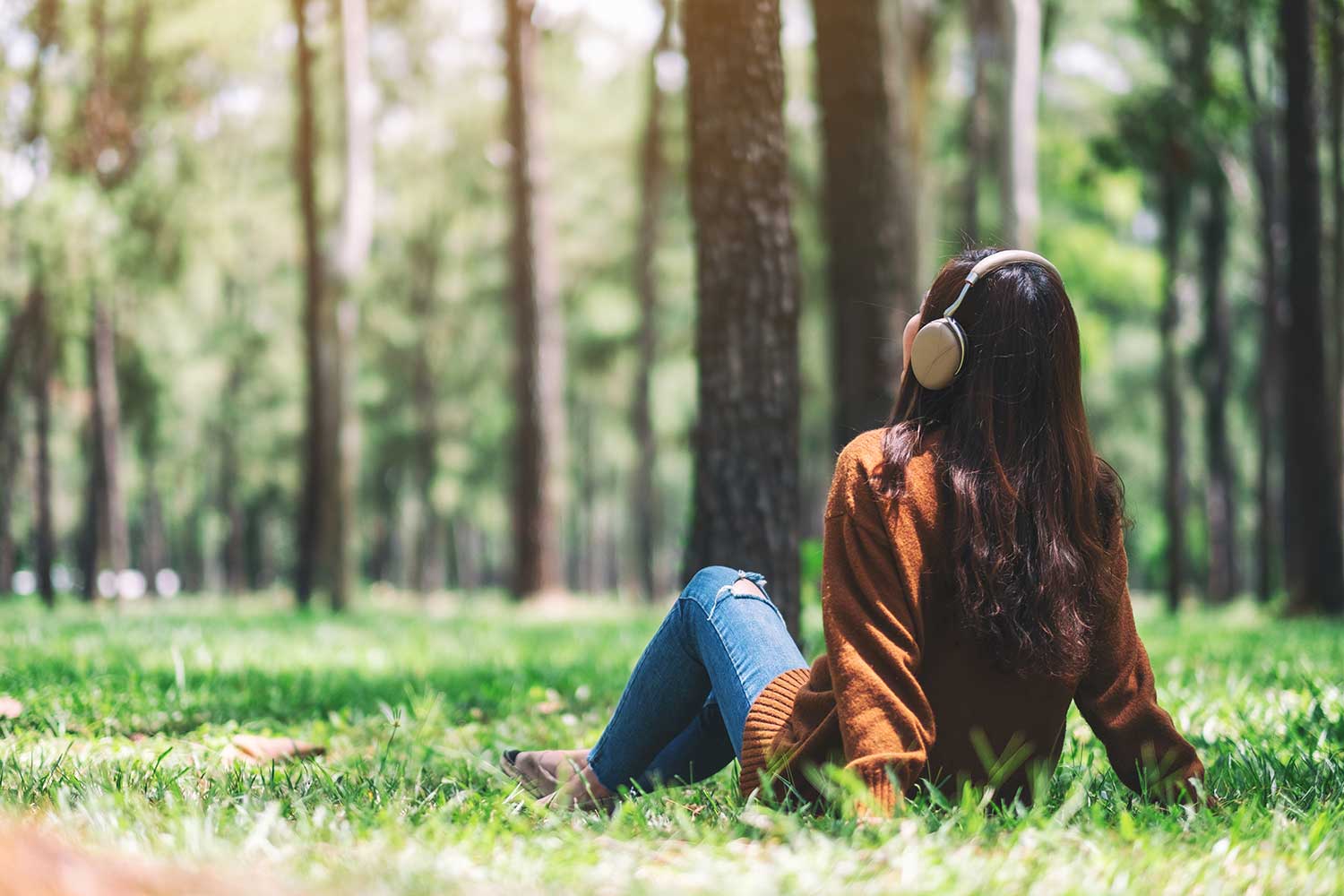You are going to save the world. I’m not throwing metaphors around here. I am saying that you, specifically, will do the things that will directly result in our kids not having to push shopping carts across the wasteland and fight over cans of rotten spam. We clear?
I don’t have to tell you that the current environmental crisis will dictate the rest of humanity’s story. You see, read, or hear that every day and don’t need another voice in the bummer chorus. I started this project because I don’t just have hope for our future—I believe we’ll be the ones to fix it. It’s time to quit mainlining portents of doom and drink in the good news, that humans have all the skills we need to mend what we’ve broken.
Small but meaningful tweaks to the way we move through this life will be what ultimately saves our planet. Those little acts, if repeated enough, cease to be little acts; they become the crucial elements of a significant perspective shift, to a worldview of stewardship instead of plunder.
It’s easy to start the change. Something as seemingly insignificant as paying attention to where your produce comes from can be transformative at scale: If you live in New York, buying a potato from Idaho vs one from California cuts nearly 1,000 miles off the trip from the field to the store. Home fries won’t cool the oceans, but over the course of your life, spud choice alone could save around 7 gallons of diesel fuel. All you had to do was read a label. Now extend this thinking to everything you buy. You don’t have to be perfect; every mile saved is a victory, especially when millions of us start thinking this way.
Same deal with wearing a long-sleeve shirt instead of setting your thermostat to “Havana.” Each degree you dial it down cuts your fuel consumption by about 3%. For an average-size home that’s 2,000-plus cubic feet of natural gas—per degree—over the course of a winter. Now imagine a million people with a million local potatoes choosing to cuddle up under cozy blankets instead of cooking the planet. Making a difference doesn’t have to suck.
For now, one5c is just me, coming to you live from a house in the middle of a hayfield. But I’m not planning to fight Global Warming with just pub facts and potatoes. Over the coming months, I will become we, and we are going to scour every millimeter of our planet for ways to renew it. We will branch out from helpful tips and tidbits to original journalistic explorations of world-changing concepts and strategies, profiles of exciting people and technologies. You’ll soon find us across all your social channels and multimedia platforms. I’d be grateful for your attention there as well. For the time being, this newsletter is your best way to stay in touch. Expect an email every week: a combination of original journalism and whatever gems I can find in others’ feeds.
If you want to say hi or get involved, send me a note at the address below. If you like what you’ve read, please forward this to every single person you have ever met. If you don’t like what you’ve read, please forward it to all your enemies. This email is and always will be free, but if we get enough people to sign up and take action, we‘ll all cash in on a massive reward.
Take care of yourselves—and the rest of us, too.
Joe Brown
joe@one5c.com
*one5c is a reference to the goal of limiting Global Warming to 1.5 degrees Celsius.
Who is Joe Brown and why did he send me this email?
Wow, that’s cold, Aunt Diana.
I’m an award-winning science and tech journalist who’s been at it for nearly 20 years. I was editor-in-chief of Popular Science and Gizmodo, Executive Editor of WIRED, and, most recently, editorial director at Hearst Autos. In each of my previous positions, I’ve emphasized climate coverage, and the teams I led wrote important stories. But those readers came to us for more than just environmentalism. one5c doesn’t have any legacy readers yet, unless you count yourself. If you’ve read this far, maybe you believe the same thing that inspired me to start this project: that everyone has the ability to positively impact our planet. All we have to do is start doing it. I’m sorry that it’s taken the threat of extinction to bring us all together, but I’m glad you’re here.

